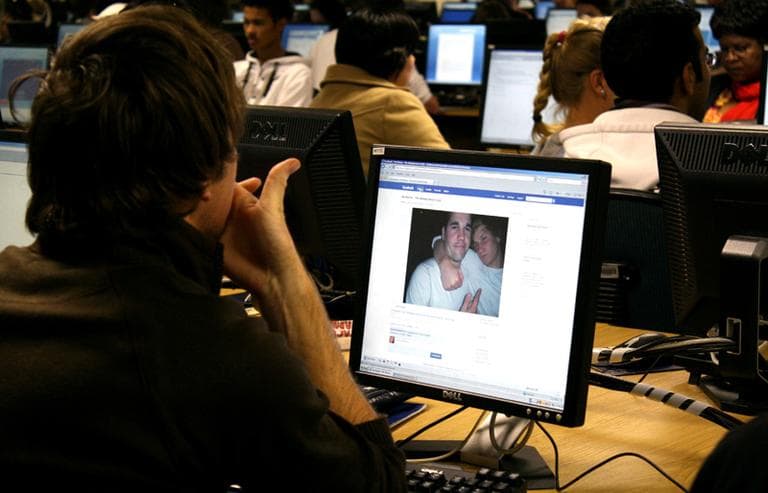Advertisement
The Cost Of Privacy In The Digital Age
Resume
From Twitter and Facebook to grocery store reward cards and electronic toll-collection systems, private companies collect and store private information about people every day.
Most people don't seem to mind that level of information gathering.
In fact, when it comes to private companies, people are much more willing to share data about themselves than they are with the government — especially when they feel they get something in return.
"Things that seem to be free a lot of the times...are generally things you're getting in return for giving access to a lot of personal information to private companies," said Linda Holmes, author of NPR's "Monkey See" blog.
She recently wrote a blog post asking the question, "When your data is currency, what does your privacy cost?"
People are willing to cede their information to companies because they know the companies' goal is to use that information to sell things to us, Holmes said.
However, we don't necessarily have a clear idea of what the government is trying to do with the information it collects, and our views toward government are colored by our politics and other factors.
As a result, individuals' feelings about the government's motivations are based on a "complex calculus," Holmes said.
Guest:
- Linda Holmes, writes NPR's pop culture blog "Monkey See."
This segment aired on June 11, 2013.